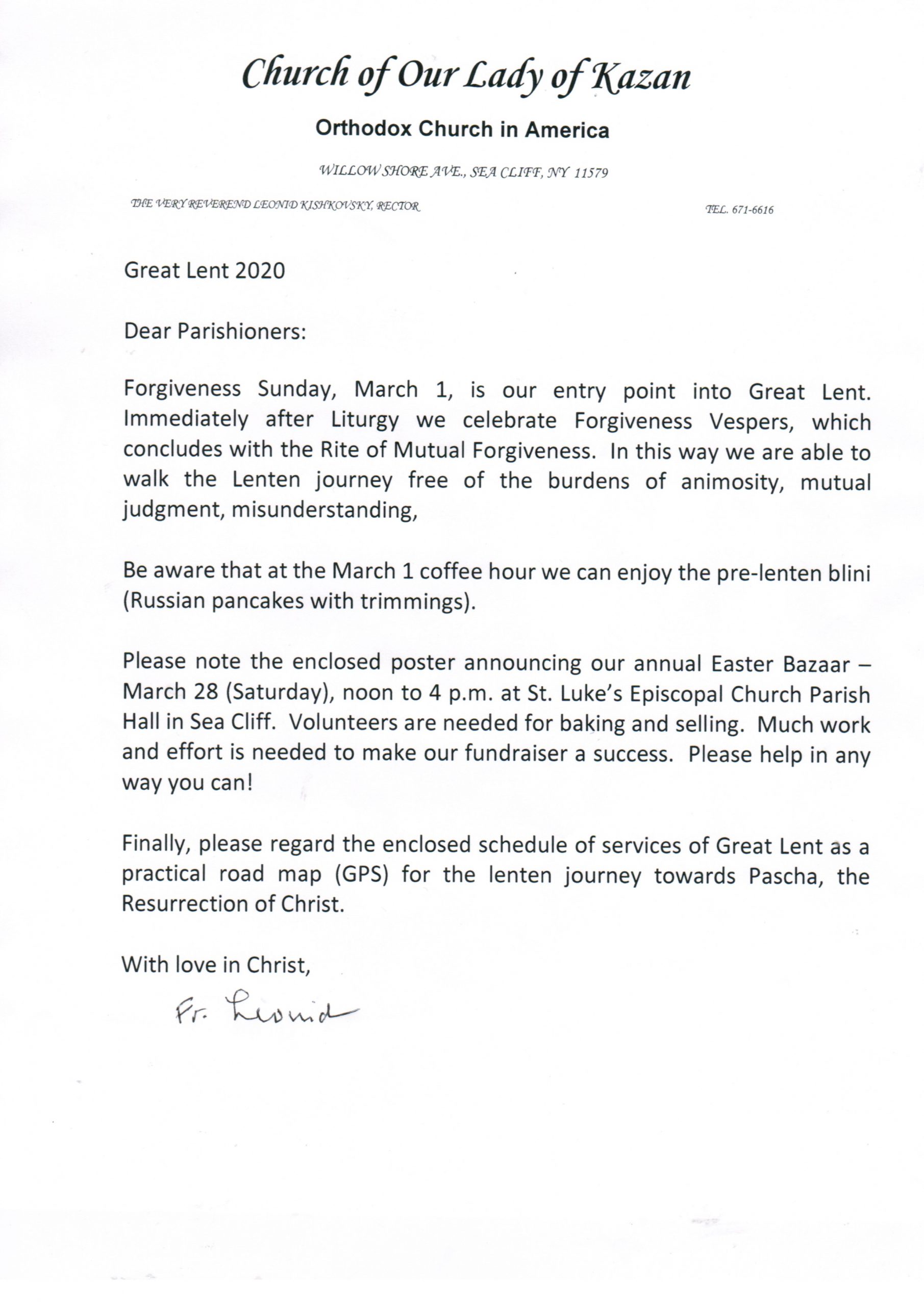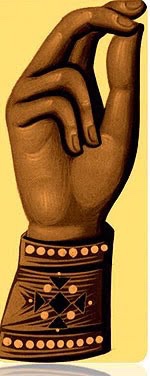In earlier days it was thought, for example, that a funeral, monastic tonsure, the blessing of icons and the blessing of water at Theophany were sacraments. In this sense the church is a universe of symbols.
One aspect of baptism is repentance. In the Creed we say, “I believe in one baptism for the remission of sins.” The text of the service mentions repentance in several places:
“That he may prove himself a child of the Light, and an heir of eternal good things, let us pray to the Lord.”
“That this water may be to him a bath of regeneration, unto the forgiveness of sins, and a garment of incorruption, let us pray to the Lord.”
In fact, the church prays that the demons will be cast out from the person being baptized.
“Expel from him every evil and unclean spirit which hides and makes it’s lair in his heart.”
“Look upon thy servant; prove him and search him and root out of him every operation of the Devil. Rebuke the unclean spirits and expel them…”
All of these expressions seem odd to us because usually people are baptized as babies or small children. However, our service of Baptism goes back to the time when people were baptized as adults. In those days, Baptism was considered a life-changing event. For adults it was a way of being cleansed from all the sins of one’s life. In addition, in those days it was often thought that there was no possibility of having sins committed after Baptism being forgiven. For this reason, many people put off baptism until very late in life. For example, the Emperor Constantine, the emperor who legalized Christianity, was baptized on his deathbed. However, as the sacrament of Confession became more widely used, the forgiveness of post-baptismal sins became possible.
As we have seen, repentance is one of the themes of Baptism. What is repentance? Some people think that to repent means to castigate oneself, to say I am a terrible sinner. I am unworthy and so on. This is not a helpful way to see oneself and to grow closer to God. The Greek word for sin is “harmatia” which means to ‘miss the mark’. It was originally taken from archery. In other words, the archer aims his arrow at the target and lets it fly. Unfortunately, it doesn’t reach the target. So, what does the archer do? He doesn’t go around saying to himself and to others that he is a bad person, that he is unworthy to be an archer. Rather, he picks up his bow and practices. This is the way it should be with us. We want to be good people. We want to love God and our neighbor. This is the target. To be honest, we will not always hit the target. Sometimes our arrows of love will fall short. If we fail in loving God and neighbor as we should, we should ask God to forgive us. Sometimes this includes Confession.
Looking at the original Greek word for repentance is also useful. This word is “metanoia”. This word has two parts, meta and nous. The word nous is sometimes translated as mind or intellect in English. And indeed, this captures part of the meaning of nous. When we think of intellect, to us it usually means the rational thinking part of the mind. But in this case, the word has a broader meaning, something like intuition or seeing wit the eyes of the heart. It is a knowing that encompasses heart, mind and intuition. So, metanoia means literally to change one’s mind, to redirect the nous away from ourselves and our passions, to God and neighbor. Once again, to repent (metanoia), means to change one’s focus because sin means falling short of our target.
Fr. John


